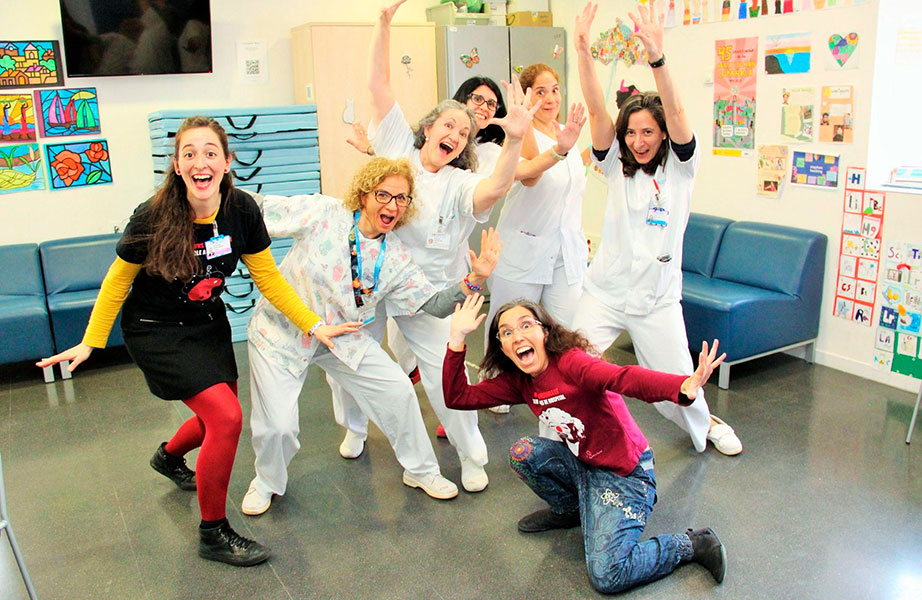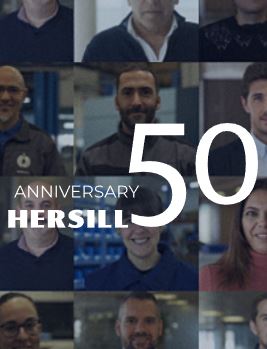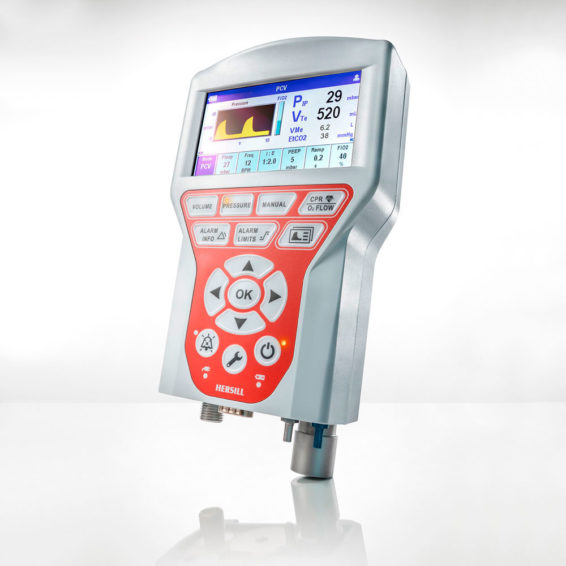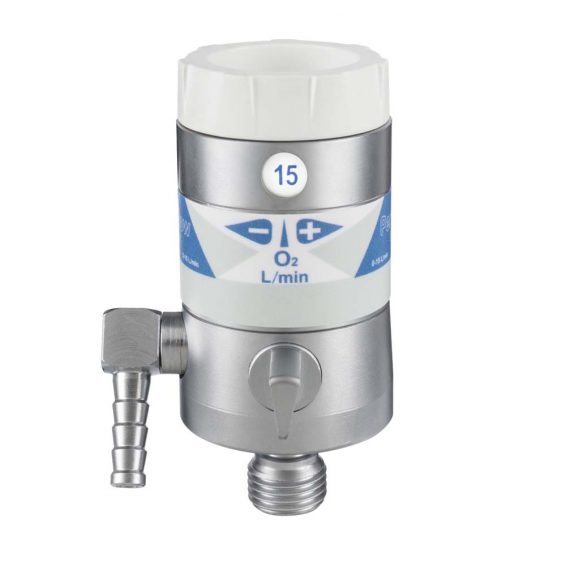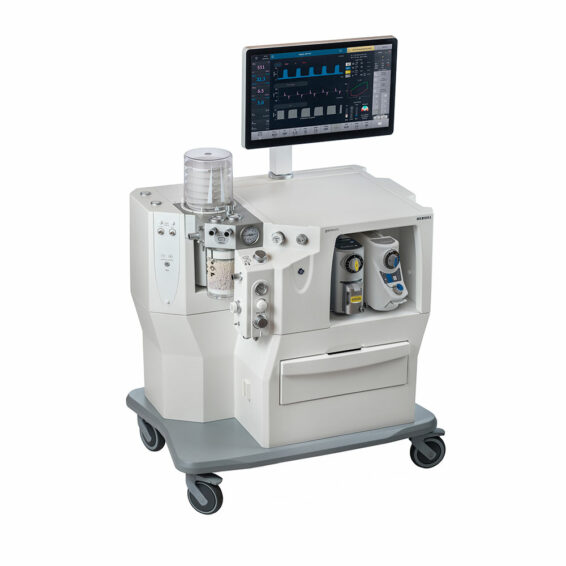HERSILL | NEWS | CSR | LOCAL SOCIAL ACTION |
There are different areas in which Hersill collaborates to improve patient care and quality of life. One of them is the Saniclown Project (National Nonprofit Hospital Clown Association), an initiative that puts spirit medicine into practice, using one of the most legendary antidotes: joy.
This project, which has 10 years of experience, allows to relieve those difficult moments, sometimes long, in the time, which means to be hospitalized, especially for the younger ones who see this alien, unfamiliar and welcoming space, isolating themselves from social life.
It consists of workshops of theatrical improvisation and clowning, says Maria Castro, project manager of the entity, “with the idea of breaking the hospital routine, collaborating with the release of the tension of young people and contributing to their emotional management.”
The initiative, which began with workshops for adolescents in the area of psychiatry of the Hospital Gregorio Maranon, covers all ages, carrying out, in addition to activities in the hospital field, accompanying the health staff of the Hospital Nino Jesus, in home interventions to children with palliative care so that the experience, in the words of Maria, “comes with play and affection.”
There are many benefits that it brings since, not only benefits patients, but also families, health care personnel and the professionals who perform them.
Among the main improvements are a greater adaptation and subjective experience to the hospital context, an improvement in behaviour by encouraging meaningful learning and an increase in cognitive flexibility thanks to the connection that is given with other constructive parts of themselves. This creates a sense of well-being, peace and reconciliation, and helps them to accompany and sustain their own recovery process, developing skills that benefit socialization and channelling their problems through humour.
And it is that all this, says Maria Castro, “contributes to their emotional well-being and greater adherence to the treatment they are experiencing, which has a very positive impact on families and friends.” For Marta Soriano, occupational therapist at San Carlos Hospital, “it is a group activity, where aspects such as: body awareness, communication and expressiveness, socialization, creativity and imagination are worked. They are components that in this population it is important to stimulate.”
The improvement of the emotional balance brought by the participation of patients in Saniclown’s workshops also involves developing the patient-health professional bond since, points out Maria, by participating in a different context, they see the professional from another perspective, so it becomes an activity of great value and of great use for therapists.
Also, Marta Soriano emphasizes that “it is another way to see how they develop with other professionals and allows to make an assessment of both their behavior and the responses they have to the proposed activities. In addition, they are very good professionals in their field and understand and adapt to the characteristics of this population, knowing how to handle the situations that occur at any given moment.”
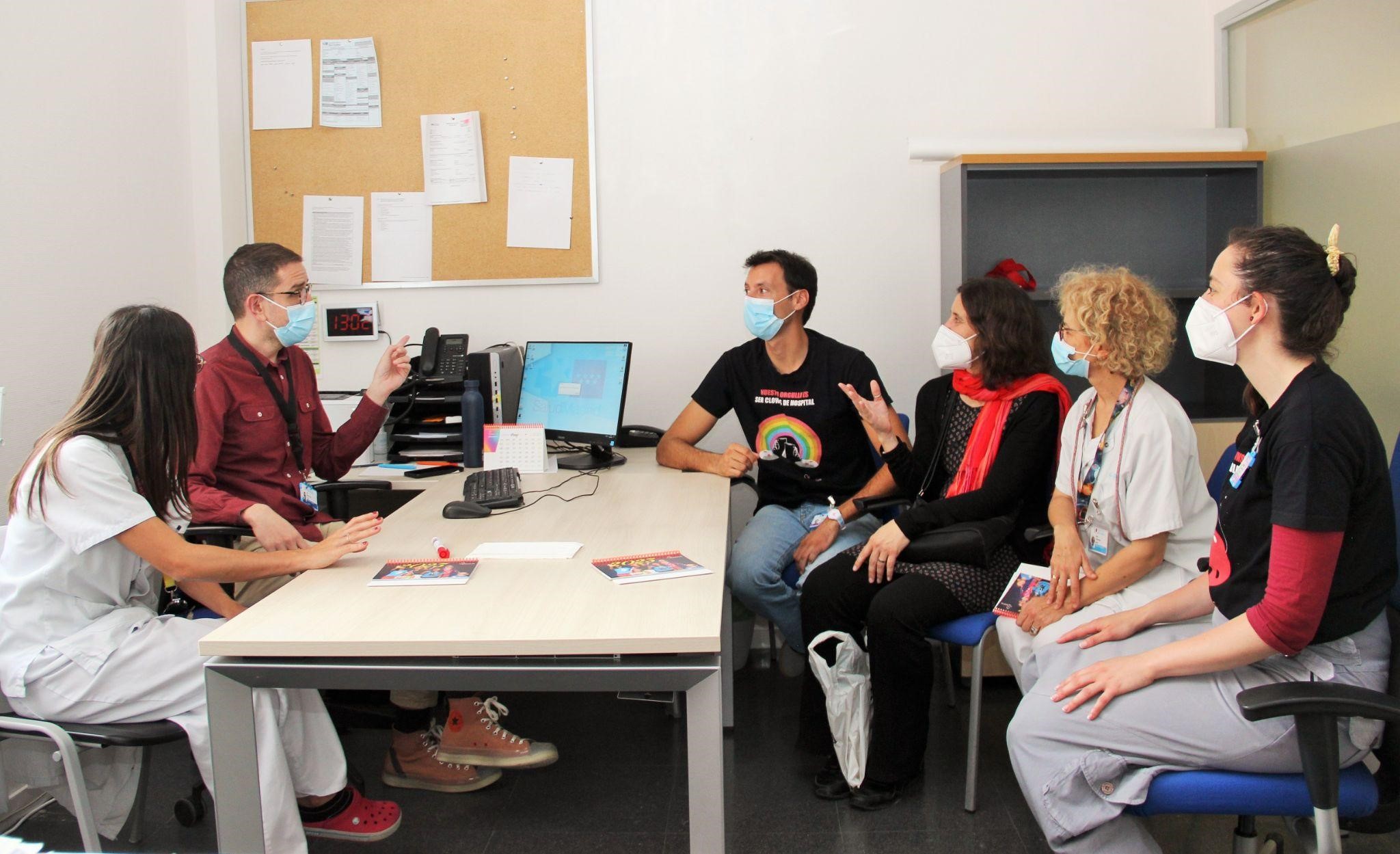
According to the Life study carried out by the Pallapupas Association, the work of this type of actions in hospitals improves by 43% percent the mood of pediatric patients, declaring 79% that they feel much happier. For families, the impact of waiting on the process is reduced by 92%, improving by 19% the way they deal with the passage of their child’s operating room. In adult cancer patients, anxiety is reduced by 39% and states of rage and anger are reduced by 40%. In professionals both in children and in adults a better patient-health ratio is generated, in children up to 80% and in adults well-being increases up to 70%.
For the implementation of the workshops there is a team of two people: a performing arts teacher specialized in improvisation and clown, who is responsible for coordinating the activity and bringing the dynamics of the activity, and a hospital clown who acts as another participant, being a figure who is not afraid of ridicule or error, as a way to help the participation of the other participants.
The support of the hospital and the health professionals with whom Saniclown works together is essential to successfully carry out this project. In addition, the collaboration of sponsors to support these projects is essential.
Hersill’s commitment, says Maria, “has allowed us to take a safe step” to establish a workshop in a new hospital where SaniClown had not previously worked, the Hospital Clinico San Carlos. “Hersill is a company that had collaborated with us on more generalist projects, and when we presented it with this new project, it did not hesitate to join,” he explains.
In 2024, Saniclown is carrying out its work in 3 hospitals: Hospital Gregorio Maranon (in the psychiatry unit of hospitalized adolescents and in PRISMA with outpatient adolescents in intensive care); Hospital Clinico San Carlos (with adolescents and adults in psychiatry); and Hospital Nino Jesus, also in the adolescent psychiatry unit and in the Oncology Area.
They also carry out interventions with people at risk of social exclusion, in Health Centres and Schools, and have collaborated with an international project of Hospital Clowns in Burkina Faso.
+info:
Visit the Saniclown website

